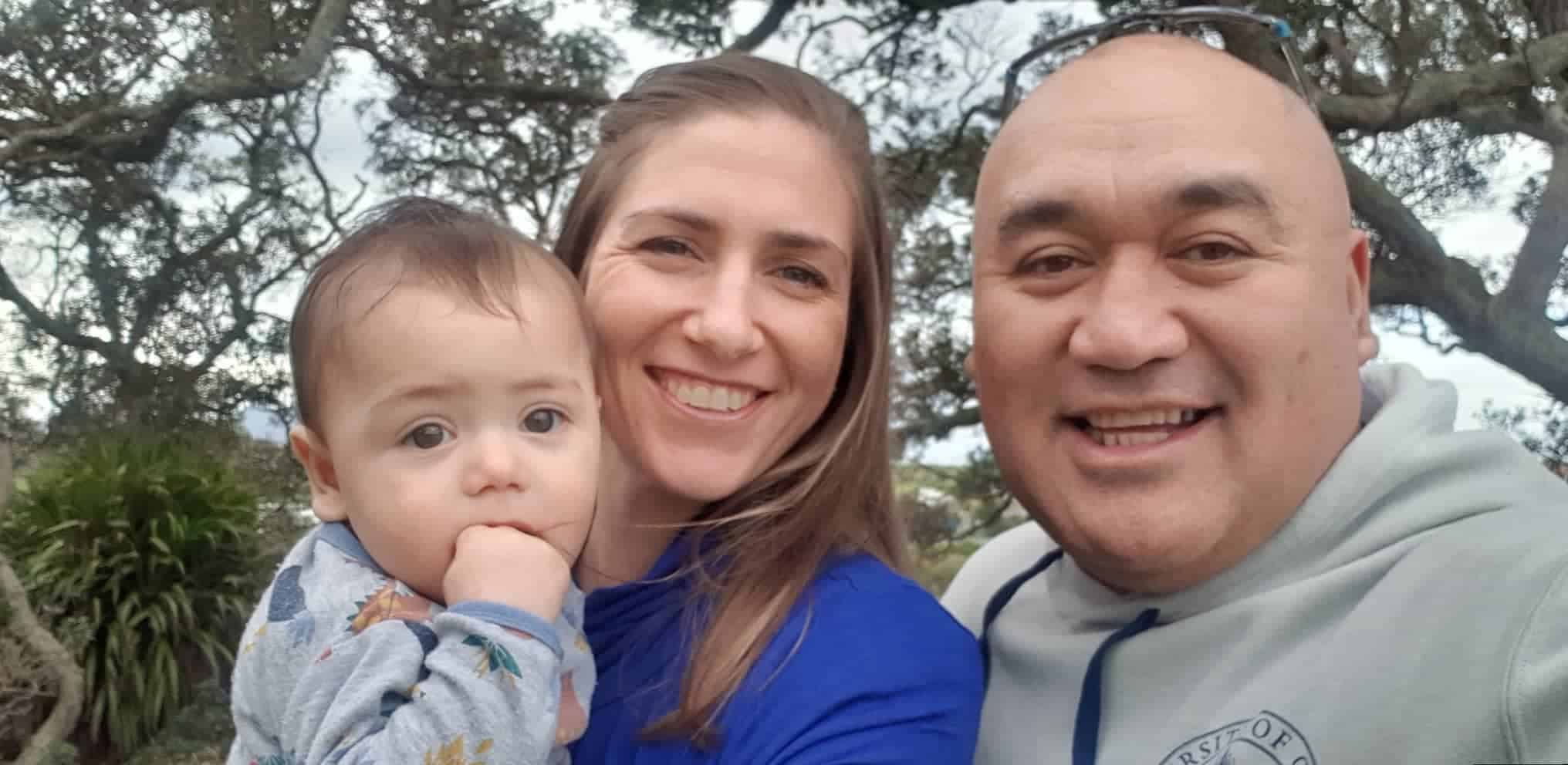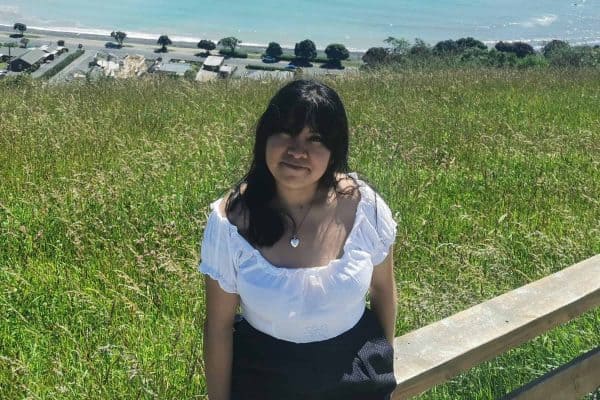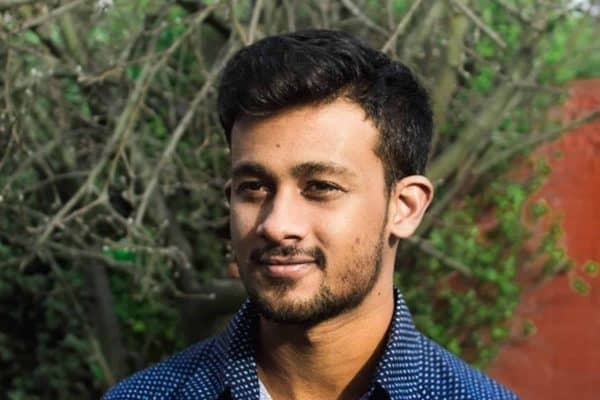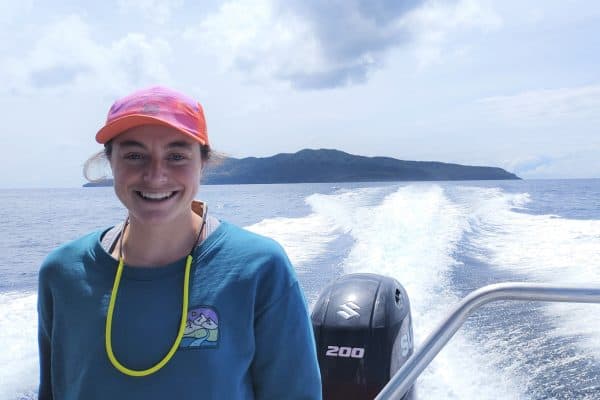Student profile: Lydia Michela Maireriki
Tourist resilience to natural hazards in New Zealand: combining quantitative and qualitative perspectives
March 2020
 I was born and raised in Maryland, USA, about an hour south of Washington, DC. I earned my Bachelor’s degree in Geography from Brigham Young University and my Master’s degree in Disaster Risk and Resilience from the University of Canterbury. I moved to New Zealand in 2017 where I met my now-husband Mahu, a very charismatic Cook Islander. We have one son and a daughter on the way. I’m a member of the Mid-Canterbury TimeBank and am part of its emergency preparedness planning team. When not studying or running our family business, I like to swim, do stained glass, and read books that help me view the world differently. My most recent read was Invisible Women on the gender data gap. I highly recommend it to everyone, particularly researchers.
I was born and raised in Maryland, USA, about an hour south of Washington, DC. I earned my Bachelor’s degree in Geography from Brigham Young University and my Master’s degree in Disaster Risk and Resilience from the University of Canterbury. I moved to New Zealand in 2017 where I met my now-husband Mahu, a very charismatic Cook Islander. We have one son and a daughter on the way. I’m a member of the Mid-Canterbury TimeBank and am part of its emergency preparedness planning team. When not studying or running our family business, I like to swim, do stained glass, and read books that help me view the world differently. My most recent read was Invisible Women on the gender data gap. I highly recommend it to everyone, particularly researchers.
As part of the Challenge’s Rural theme, I’ve just started my PhD through Lincoln University, with supervisors Jo Fountain, Stephen Espiner and Nick Cradock-Henry.
Tourism is an important part of New Zealand’s economy and international reputation. My research project is looking at what it means to be a resilient tourist in a resilient tourism system here in New Zealand. I’ll be looking at particularly vulnerable tourist groups to better understand their in situ hazard and risk awareness, preparedness level, anticipated course of action, and information-seeking processes should a disaster such as an extreme weather event or earthquake occur. My focus will be on vulnerable places (e.g. rural areas) and people (e.g. freedom campers). I will do a mix of quantitative research via surveys and qualitative research via interviews. There is currently a lack of qualitative information on tourists’ perceptions of risks and hazards, their preparedness and anticipated response.
My main research question is: What are the characteristics of tourists’ resilience to disaster within the context of New Zealand’s tourism system?
Related sub-questions are:
What are different ways of defining and conceptualizing tourist resilience to disaster?
What are key socio-demographic factors that affect risk awareness, preparedness and vulnerability?
Based on my findings, how can information providers (e.g. Department of Conservation, tourism businesses) increase tourists’ resilience in their respective areas of influence?
I have been enrolled in my PhD for only a month, so I’m at the very beginning of my project, but I am very excited about developing our understanding of tourist resilience and provide information that can be applied in real world situations. My immediate goal is to complete my research proposal before my daughter arrives in a couple of months!!!




